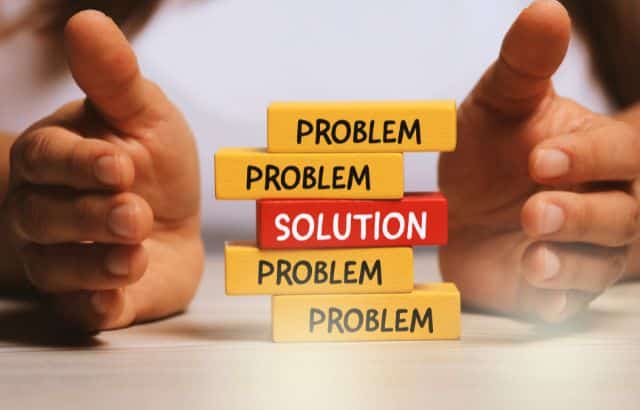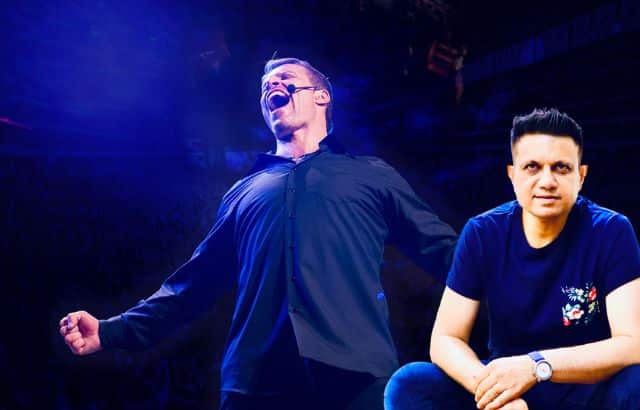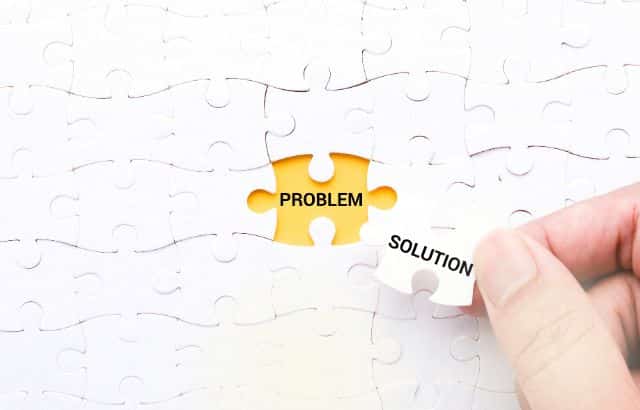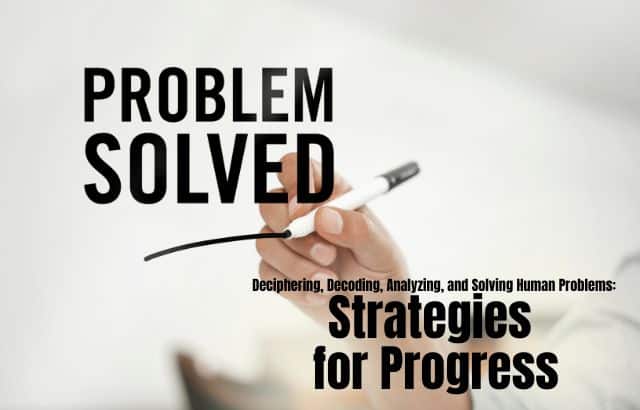In a world filled with complex challenges—be it social, economic, or environmental—deciphering and solving human problems has never been more crucial. The journey toward progress requires strategic thinking, innovative solutions, and often, the wisdom of those who guide us. In this blog, we will explore the roles of experts and modern coaches, provide examples, and analyze why we need effective strategists today.
Table of Contents
The Need for Problem-Solvers

Understanding Human Problems
Human problems can range from interpersonal conflicts to large-scale societal issues. For example, consider the challenge of climate change. It requires not only scientific understanding but also behavioral change, political will, and economic restructuring. Here, a multifaceted approach is necessary—one that involves deciphering the underlying issues, decoding the data, and analyzing potential solutions.
Solving Human Problems- The Role of Strategists and Coaches

Traditionally, wisdom people were revered figures who offered wisdom and guidance in navigating life’s complexities. Today, coaches serve a similar purpose but in a more structured and often pragmatic manner. They help individuals and organizations identify goals, develop strategies, and implement solutions.
Example 1: The Mentor Approach
Think of a mentor in the realm of personal development, such as Eckhart Tolle. His teachings on mindfulness and presence help individuals decode their inner struggles and focus on personal growth. By addressing issues like anxiety and depression, Tolle’s work illustrates the significance of internal problem-solving.
Example 2: The Coach Approach
On the other hand, a coach like Tony Robbins focuses on actionable strategies to achieve personal and professional success. His workshops involve not just motivational speaking but also practical exercises that help participants analyze their goals, identify obstacles, and devise concrete plans for progress.
Solving Human Problems – Strategies for Problem-Solving

To tackle human problems effectively, one must engage in a systematic approach:
- Deciphering the Problem: This involves understanding the problem’s context and root causes. For instance, in addressing workplace productivity issues, one must explore underlying factors such as employee engagement and resource allocation.
- Decoding Data: Analyzing data helps illuminate patterns and trends. In business, for instance, companies can analyze customer feedback to better understand consumer needs, ultimately leading to improved products and services.
- Analyzing Solutions: Once potential solutions are identified, they must be analyzed for feasibility and effectiveness. For example, in a public health crisis, various interventions—such as vaccination campaigns or educational programs—must be evaluated for their potential impact.
- Implementing Change: After analysis, strategists and coaches work together to implement the best solutions. This often involves monitoring progress and making adjustments as necessary.
The Importance of Good Strategists Today

In our rapidly changing world, the need for effective strategists has become increasingly important. Here are a few reasons why:
- Complexity of Challenges: Modern problems are often interconnected. For instance, addressing poverty requires a multifaceted approach that considers education, healthcare, and economic opportunities.
- Rapid Technological Advancements: With the fast pace of technological change, businesses and individuals must adapt quickly. Strategists help organizations navigate this landscape by identifying opportunities and potential threats.
- Globalization: As the world becomes more interconnected, understanding diverse cultures and markets is vital. Strategists can help organizations develop global strategies that resonate locally.
Solving Human Problems – Example of Strategic Problem-Solving
Consider a startup struggling to find its market fit. A good strategist might:
- Decipher the problem by conducting market research to understand customer needs.
- Decode the data to identify target demographics and their preferences.
- Analyze various business models to determine the best fit.
- Implement changes based on the analysis, such as pivoting the product or altering marketing strategies.
Frequently Asked Questions about Personal Growth – by Hirav Shah

1. What is the difference between a mentor and a coach?
A coach focuses on performance improvement and skill development, while a mentor offers guidance on career growth and personal development
2. Why is strategic thinking important?
Strategic thinking allows individuals and organizations to navigate complex challenges effectively, maximizing opportunities while minimizing risks.
3. How can one develop strategic thinking skills?
Developing strategic thinking skills involves practicing critical analysis, staying informed about industry trends, and engaging in scenario planning.
4. Can anyone be a strategist?
Yes, while some may have a natural inclination towards strategic thinking, skills can be developed through education, experience, and mentorship.
Conclusion

In today’s complex landscape, problem-solving is essential for progress across various sectors. One prominent figure in this field is Hirav Shah, a renowned problem solver and results coach who has made significant contributions to multiple industries, including corporate settings. His strategic approach helps organizations identify their challenges, decipher underlying issues, and implement effective solutions.
Hirav’s expertise lies in not just advising but also actively guiding companies through transformative processes. By focusing on results, he empowers teams to embrace change and foster innovation, ultimately leading to enhanced performance and growth. His success stories across diverse industries underscore the importance of collaboration, strategic thinking, and tailored solutions in addressing human problems.
As we move forward, the insights and methodologies of experts like Hirav Shah will continue to inspire and equip organizations to navigate their unique challenges, driving meaningful progress in our ever-evolving world.










